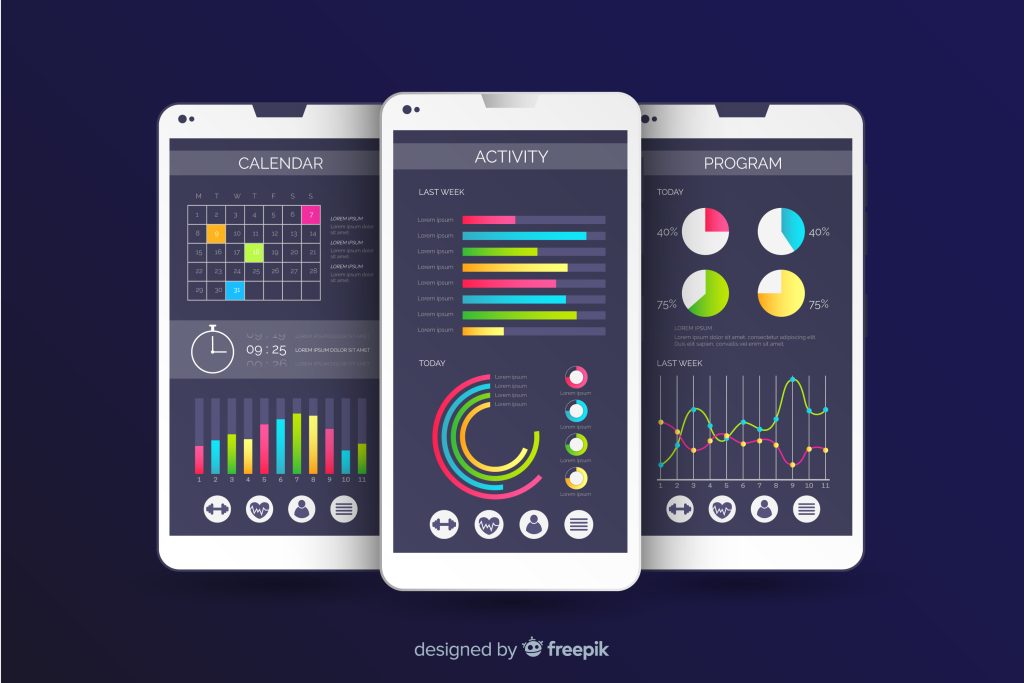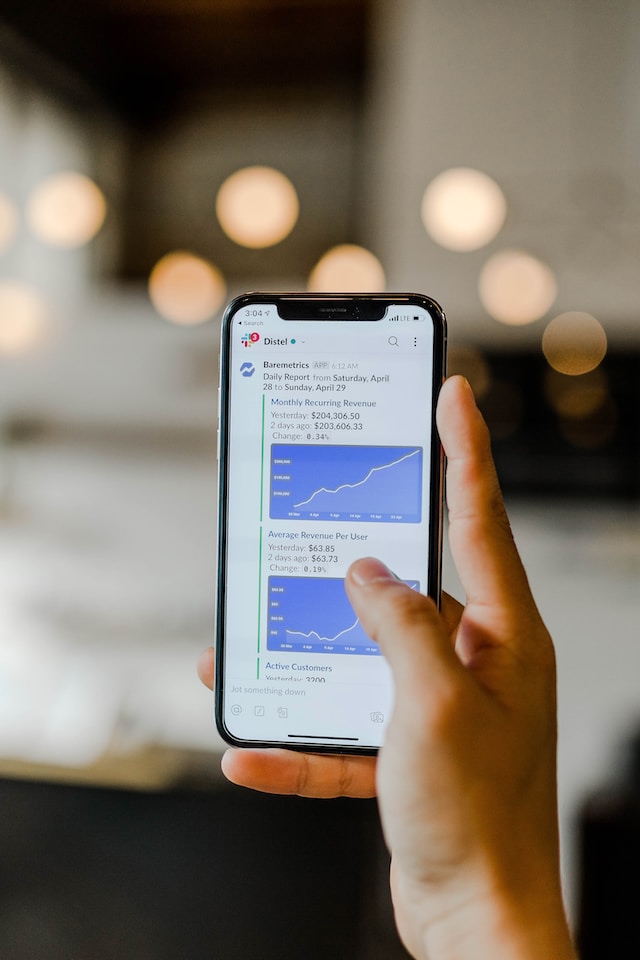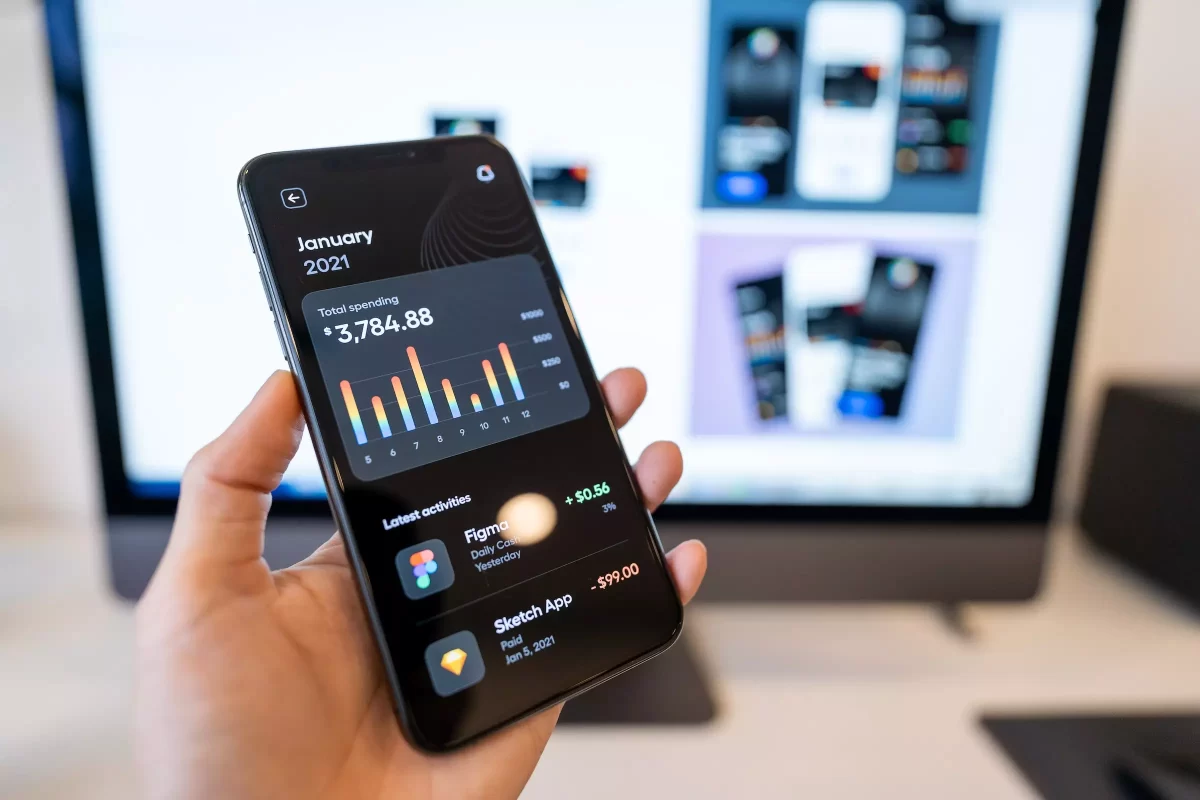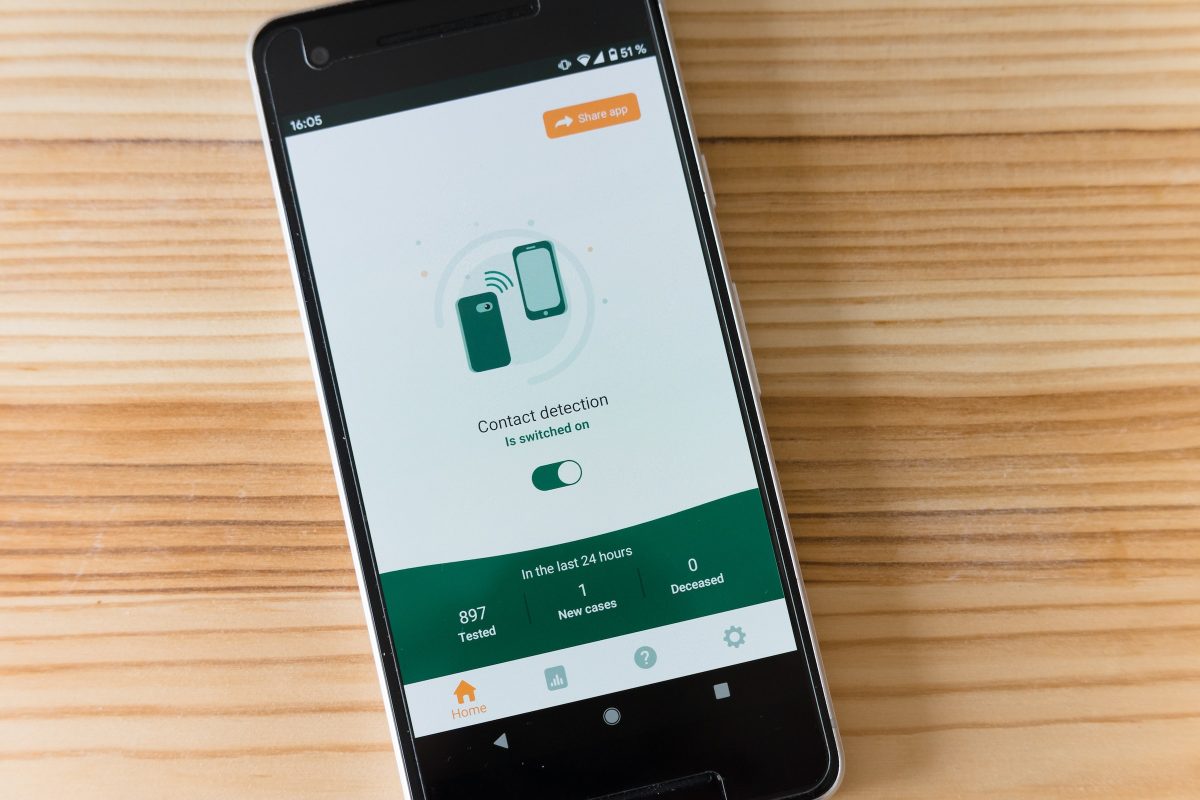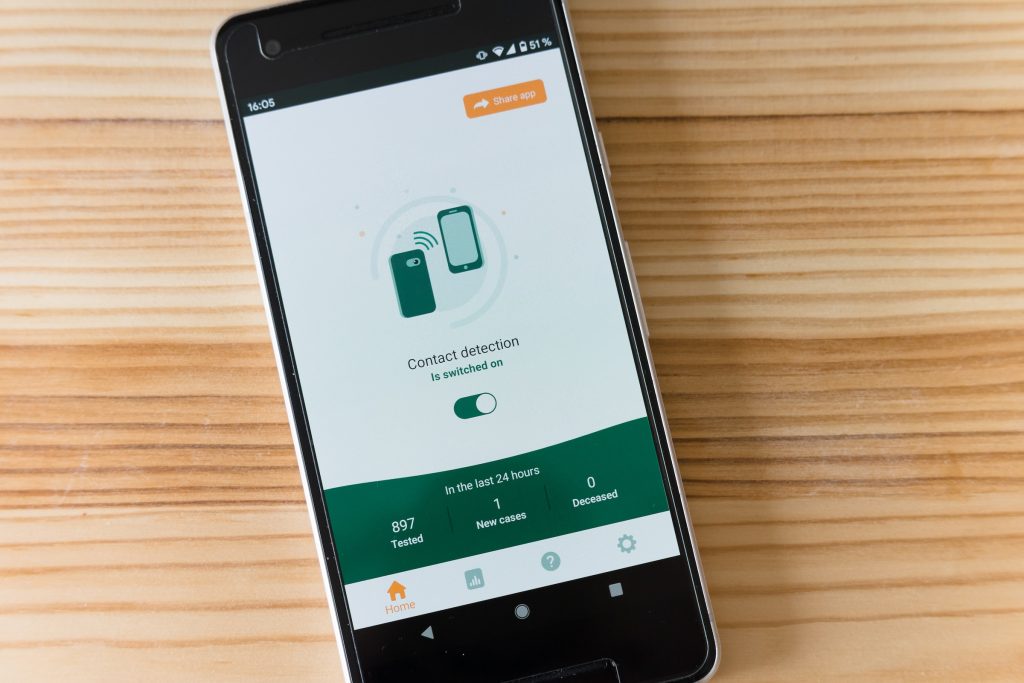In the bustling world of mobile app development, creating a functional and visually appealing app is just the first step. To truly succeed in today’s competitive landscape, your app must also provide a seamless user experience and flawless performance. This is where mobile app testing comes into play. Rigorous testing ensures that your app meets the highest quality standards, minimizing bugs, glitches, and user frustration. In this blog post, we’ll dive into the world of mobile app testing and explore its crucial role in ensuring quality and user satisfaction.
- Why Mobile App Testing Matters: Mobile devices come in various sizes, hardware configurations, and operating systems, creating a complex ecosystem. Testing ensures that your app functions consistently across these diverse devices, preventing compatibility issues.
- User-Centric Approach: Mobile app testing is a user-centric endeavor. By simulating real-world usage scenarios, you can identify pain points and usability issues that might affect the overall user experience.
- Different Types of Testing: There are several types of mobile app testing, including functional, usability, performance, security, and compatibility testing. Each type targets specific aspects of your app to ensure its overall quality.
- Catching Bugs Early: Bugs and glitches can tarnish user experiences and harm your app’s reputation. Early testing helps detect and fix these issues before they reach the end-users, minimizing negative feedback and enhancing user satisfaction.
- Ensuring Performance Under Stress: Performance testing assesses how your app performs under different conditions, including high user loads and low network connectivity. This type of testing ensures that your app remains responsive and functional even when put under stress.

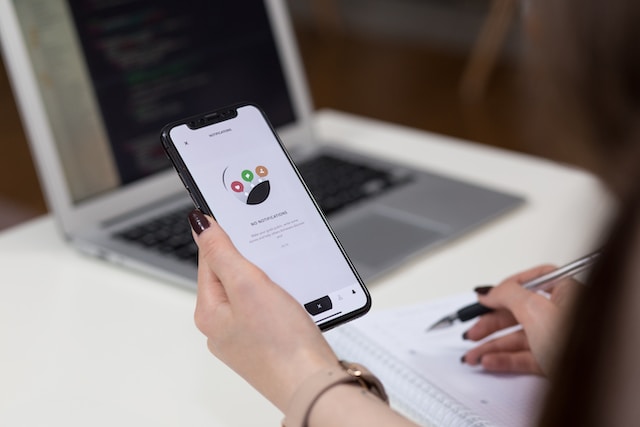

In conclusion, mobile app testing is a critical phase in the app development lifecycle. By thoroughly testing your app’s functionality, performance, usability, and security, you’re investing in its long-term success and user satisfaction. A high-quality app not only delights users but also establishes your brand as a reliable provider of top-notch technology solutions. As the mobile app landscape continues to evolve, embracing comprehensive testing practices is key to standing out, ensuring user loyalty, and maintaining a competitive edge.



